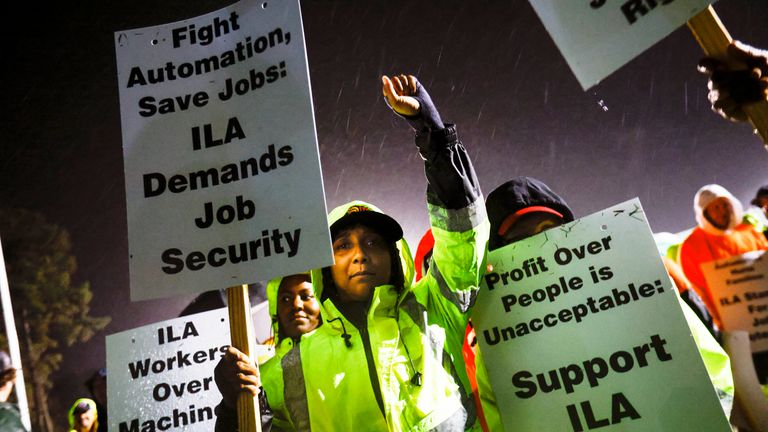
Ireland has launched a surprise tax grab on mansions to help fund a pre-election spending spree on cost of living handouts.
Jack Chambers, Ireland’s finance minister, said a new 6pc rate of stamp duty on properties worth more than €1.5m (£1.25m) would apply “with immediate effect”.
Currently, homebuyers pay 1pc stamp duty on property purchases valued at up to €1m, and 2pc above this.
The introduction of a third band is expected to raise €80m a year and comes alongside a one-year extension of a flagship scheme to help first-time buyers.
Mr Chambers also announced a €2.2bn cost of living package including energy bill subsidies and extra handouts for parents and other benefit claimants
The budget, which was delivered amid growing speculation of an election before Christmas, also increased the level at which workers start paying the higher 40pc rate of tax from €42,000 to €44,000.
“The government is committed to supporting workers and ensuring efficient labour market outcomes,” the centre-Right-led government said on Tuesday.
The tax on high-value properties came as the government decided to extend its flagship Help to Buy scheme until 2029 as house prices continue to rise sharply.
The scheme allows first-time buyers to claim a tax rebate of up to €30,000 against the cost of purchasing homes worth up to €500,000.
Mr Chambers said home ownership was a “key priority” for the government, with the scheme already helping 50,000 people buy their own home.
Higher welfare payments will also be funded by a €1 increase in the cost of a packet of cigarettes, the extension of Ireland’s bank levy for a further year to raise €200m and a new tax on vaping.
Mr Chambers claimed the budget measures would “ensure that we keep striving to provide better services and infrastructure for everyone, to build better communities and support social enterprise, to provide for those most in need, to ensure our indigenous businesses can grow and prosper and remain a highly attractive and competitive place for international investment and business”.
Official figures published ahead of Ireland’s budget showed the country was on course to run a €25bn surplus this year, in large part thanks to a €14bn bill for back taxes to be paid by Apple.
However, Mr Chambers said the payment would be set aside for investment and would not impact Tuesday’s budget.
The country’s Treasury has benefited from strong corporation tax receipts, which have been swelled by a cluster of tech and pharmaceutical multinationals based in the country.
Most businesses only pay a 12.5pc rate, which is half the 25pc rate in the UK.
Disclaimer: The copyright of this article belongs to the original author. Reposting this article is solely for the purpose of information dissemination and does not constitute any investment advice. If there is any infringement, please contact us immediately. We will make corrections or deletions as necessary. Thank you.



